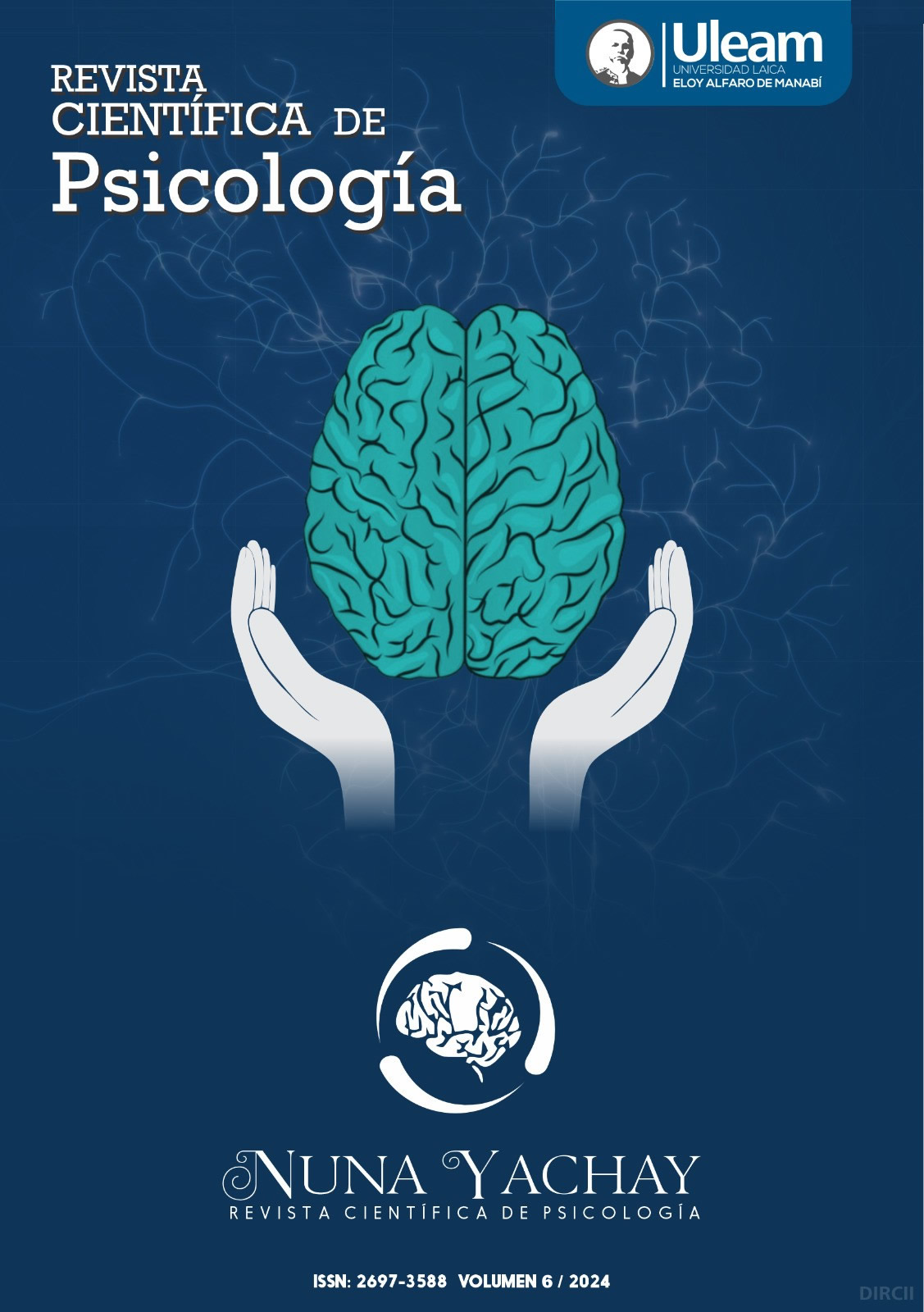Resum
In the past decade, Cuba has undergone rapid and dramatic social and economic changes. The economic re-structuring involving the country's reinsertion into the global tourist market has had profound effects on the national economy and on everyday life. The growth of tourism has brought back some pre-revolutionary features, such as sex tourism, and restrictions on access to tourist facilities for Cubans. In this paper, I shall focus on the phenomenon of jineterismo, literally horseback riding, but used
to indicate hustling or prostitution. Jineterismo is a much debated issue in Cuba, and is most often seen as a consequence of tourism. The government has taken a rather ambivalent stance on the phenomenon, and only recently has it admitted officially that prostitution exists at all. It is also eager to stress that no Cubans are forced to prostitute themselves out of poverty. Since Cuba was before the revolution known as "the brothel of the Caribbean", prostitution is often associated with the pre-revolution era and is therefore a sensitive issue for the socialist government. I shall propose that the problem of jineterismo is a complex social phenomenon that brings not only notions of morality, but also issues of race, class, gender, and nation into play, ultimately challenging the revolutionary narrative of social and racial equality. I discuss jineterismo from the point of view of young Afrocuban women who sometimes engage in activities that could be deemed as jineterismo. They are often faced with police harassment and stigmatisation from the authorities, but they themselves have a more nuanced view of their situation and activities. For them, jineterismo is but one livelihood tactic in what they call la lucha, the daily struggle to make
ends meet. Jineterismo, for them, is a practice that an individual may engage in to obtain desired goods, currency, or an option to leave the country. For the authorities and elite groups, however, jineterismo is a symptom of a lack of morale and of anti-social behaviour, which must be suppressed. I examine the official approach to jineterismo as an expression of the refusal of the government to address issues of race and social inequality. In dominant discourse these issues have been displaced into a domain of "cultural level", which averts any indications of marginality being a product of social structures and processes. (Extraído del documento)






